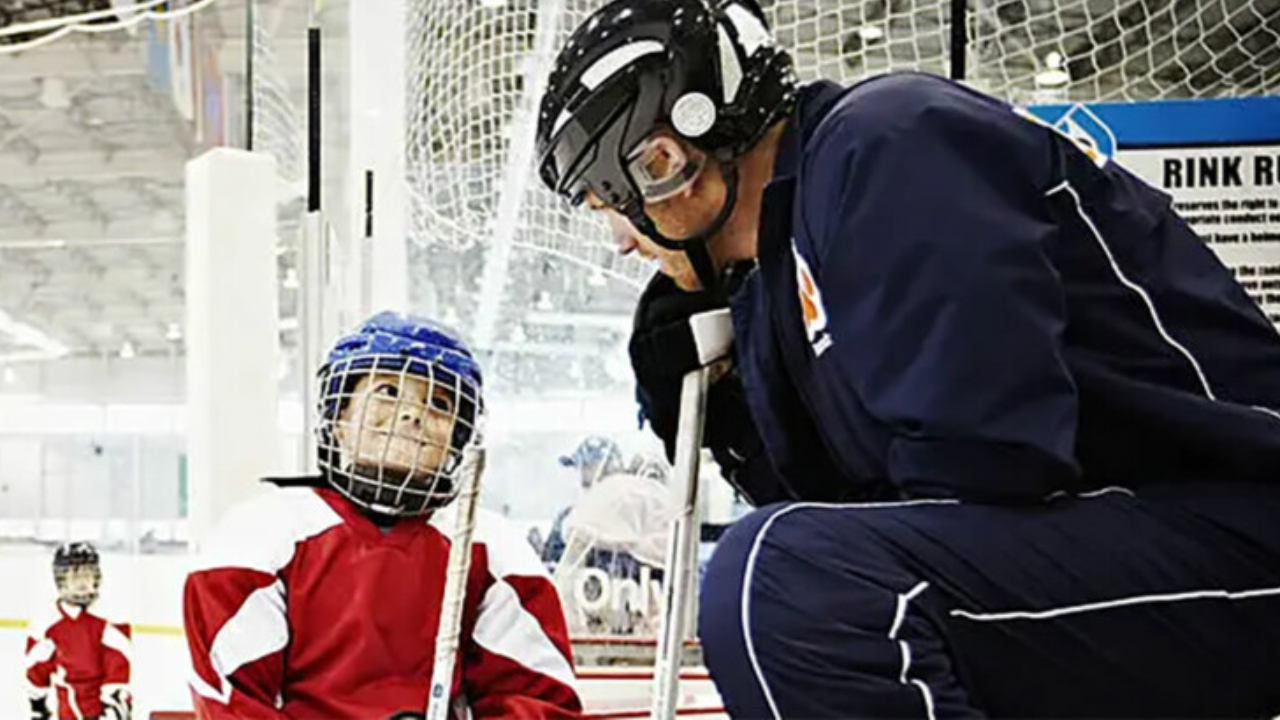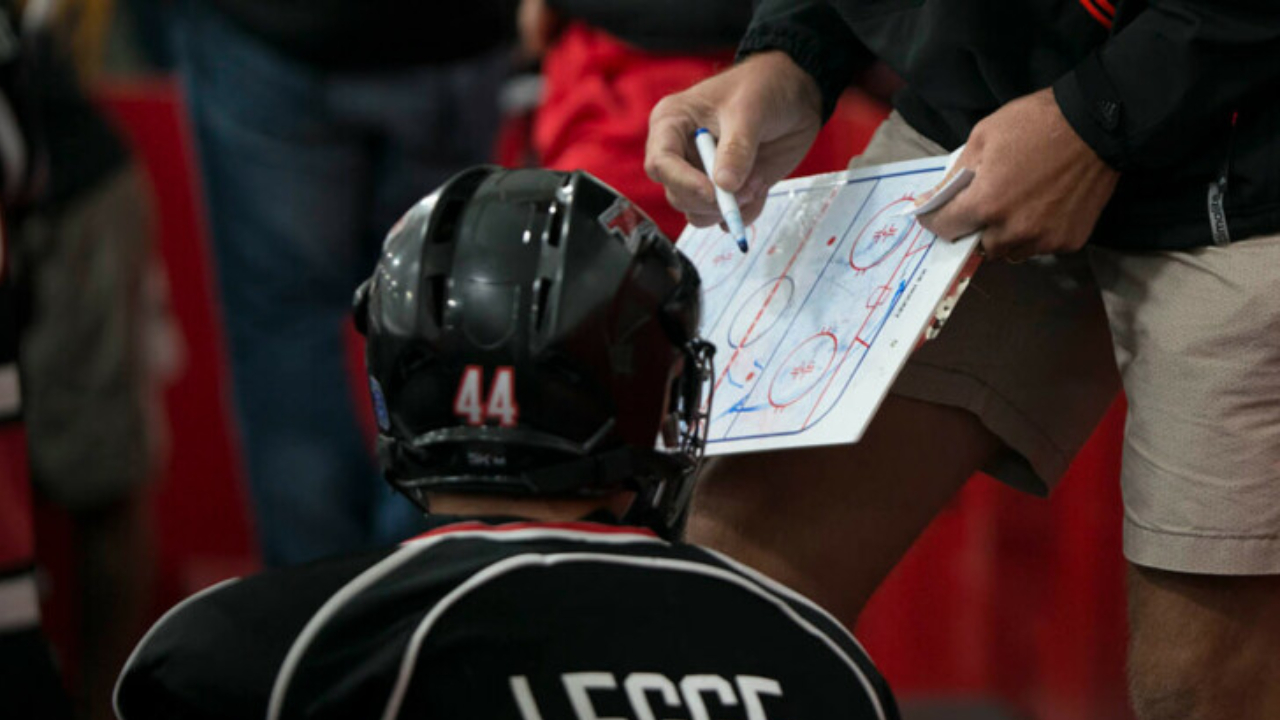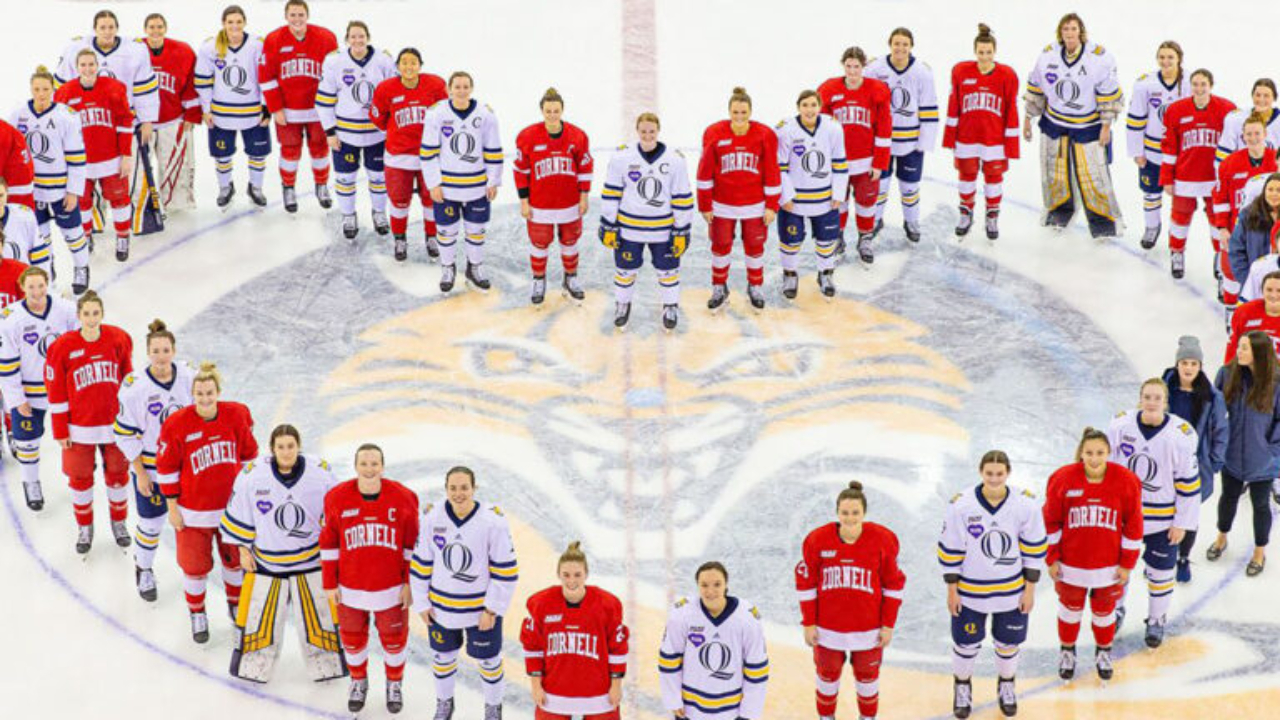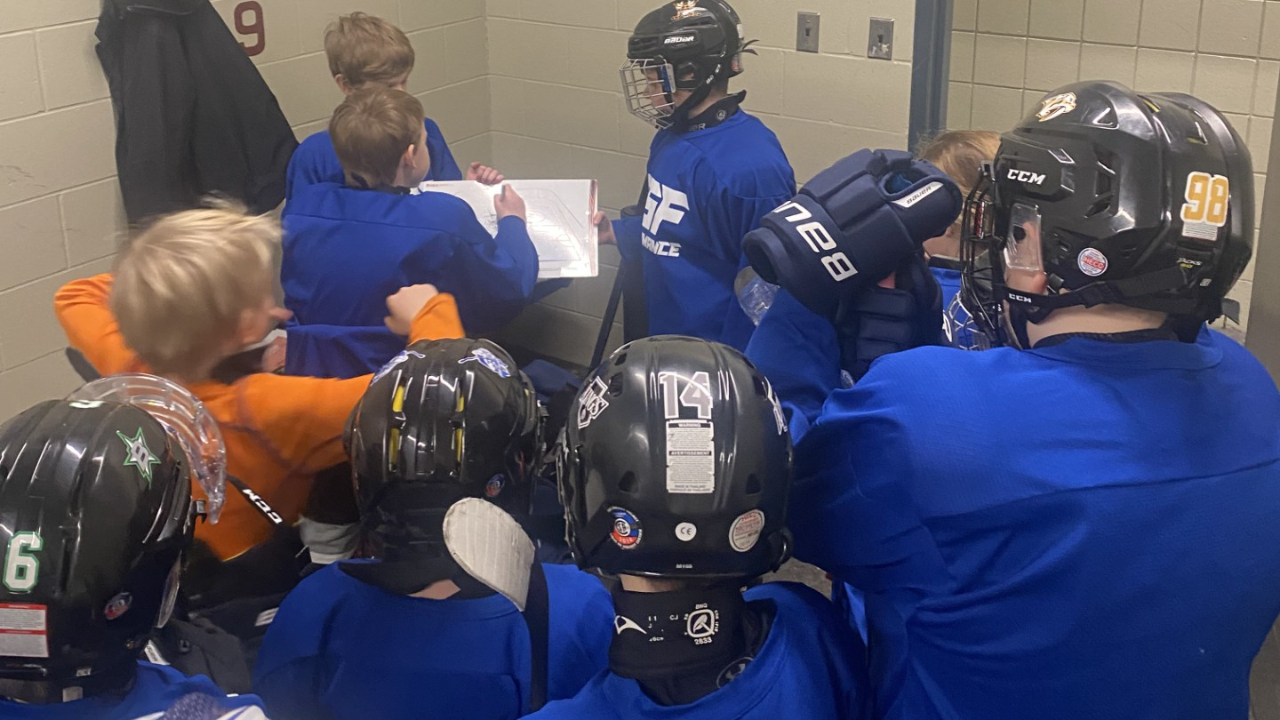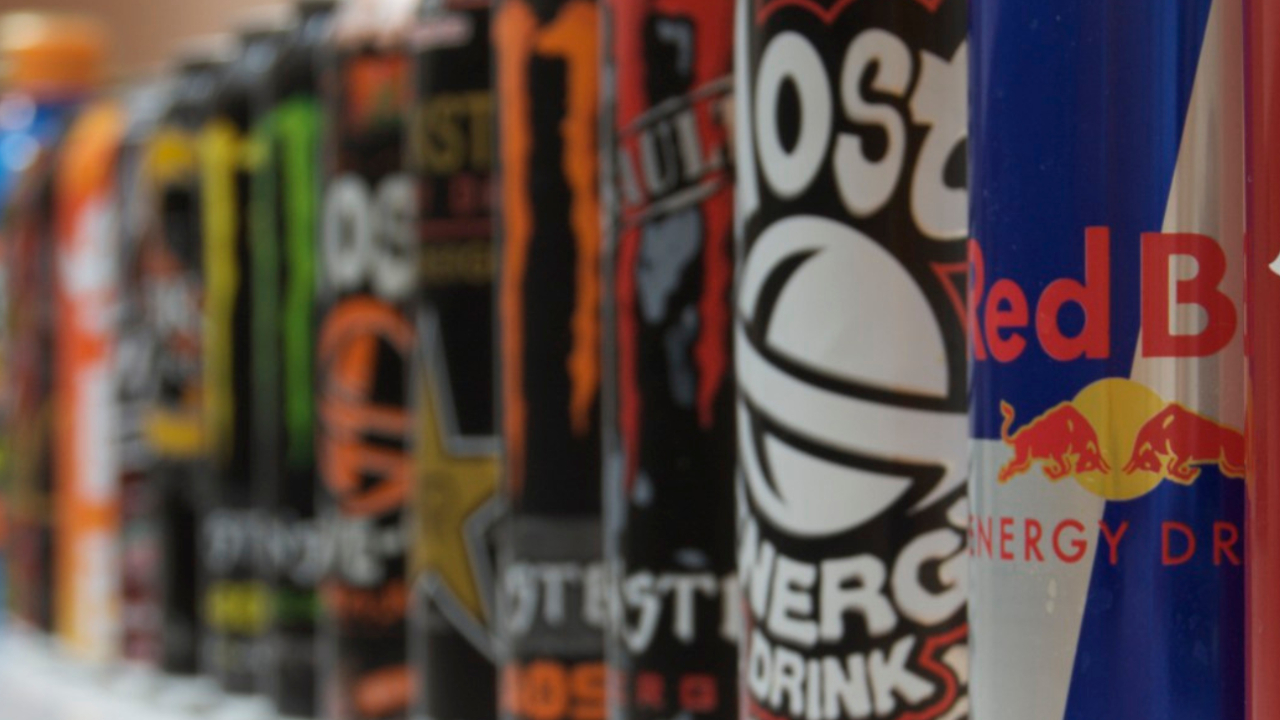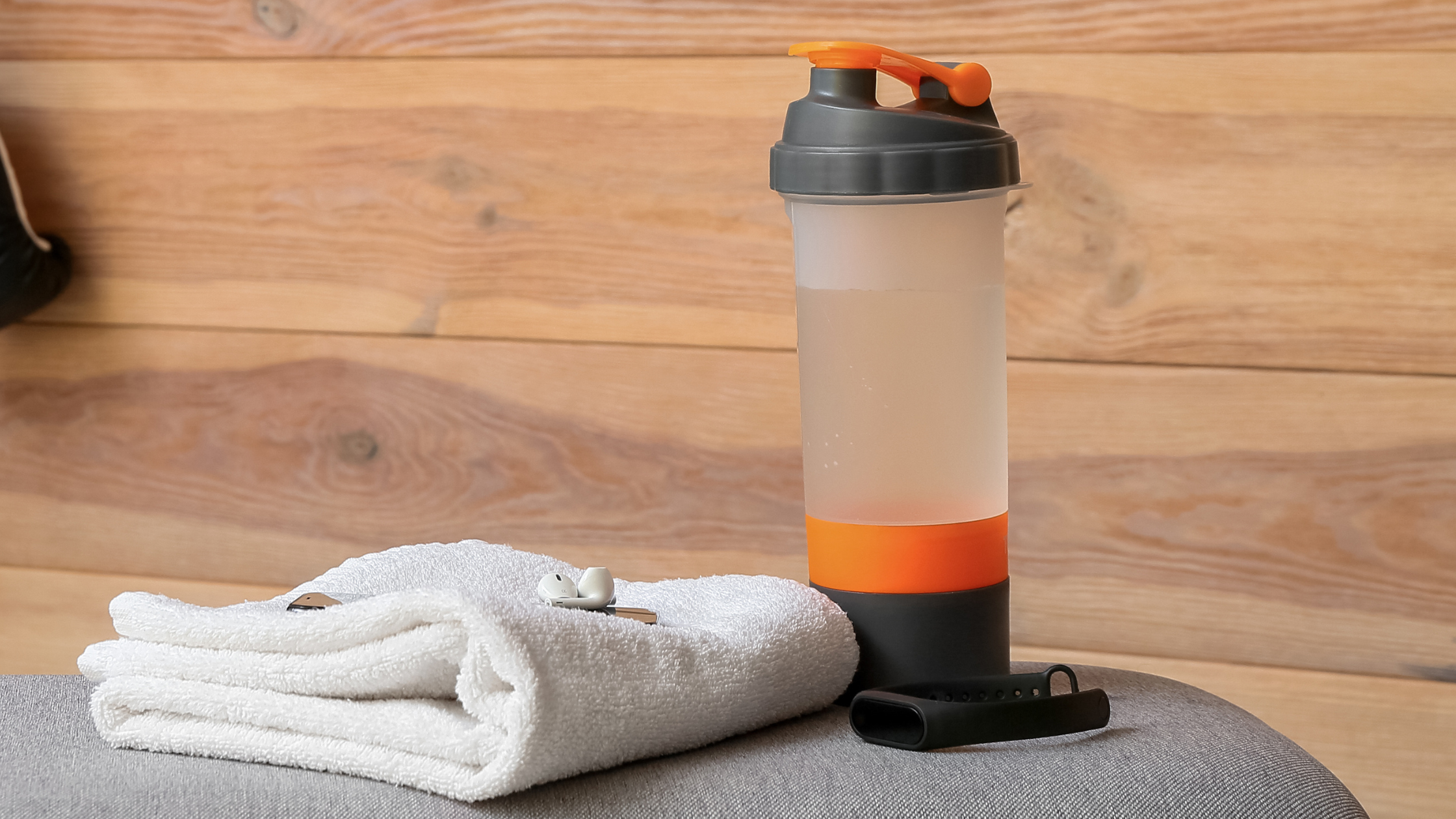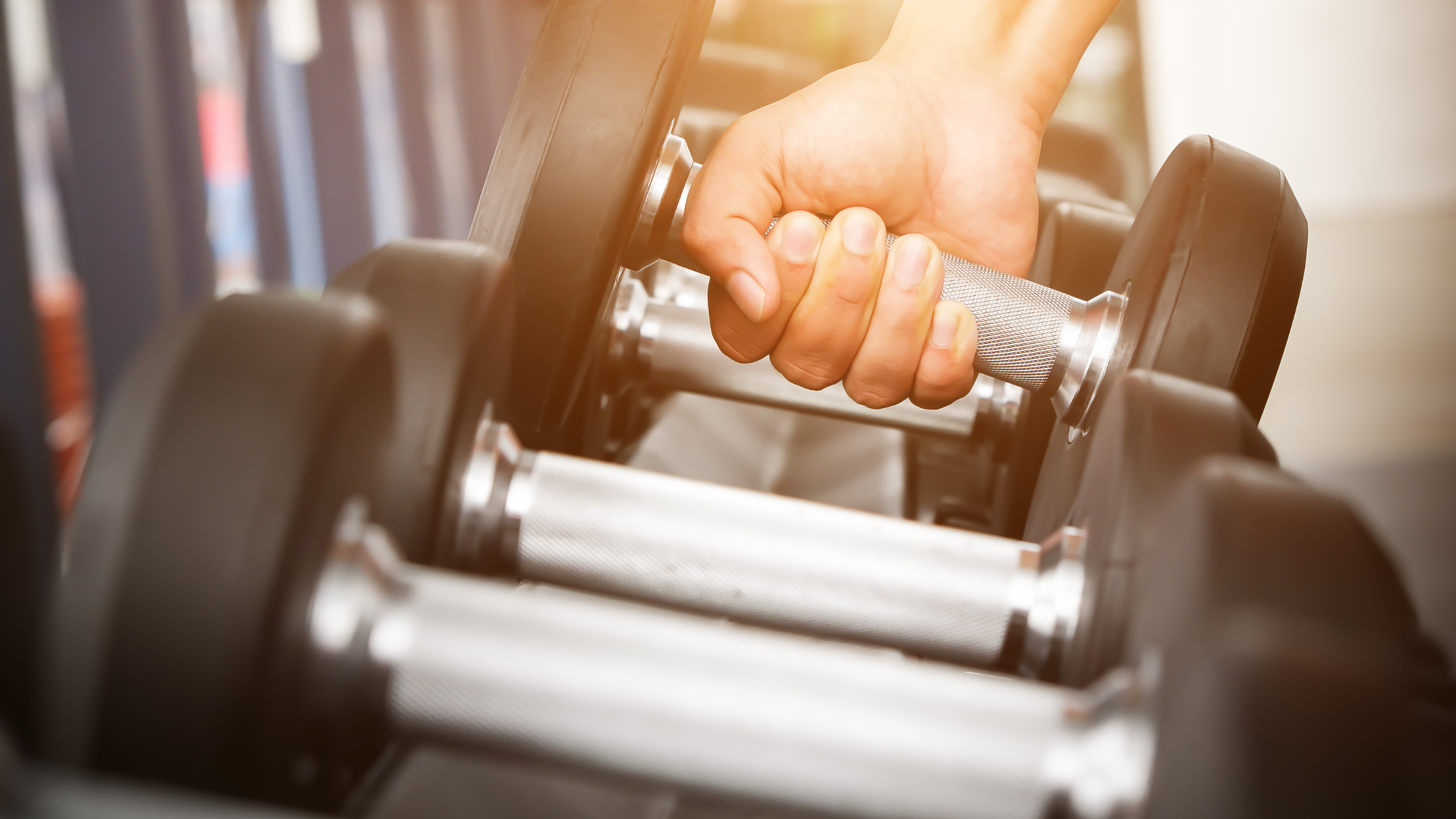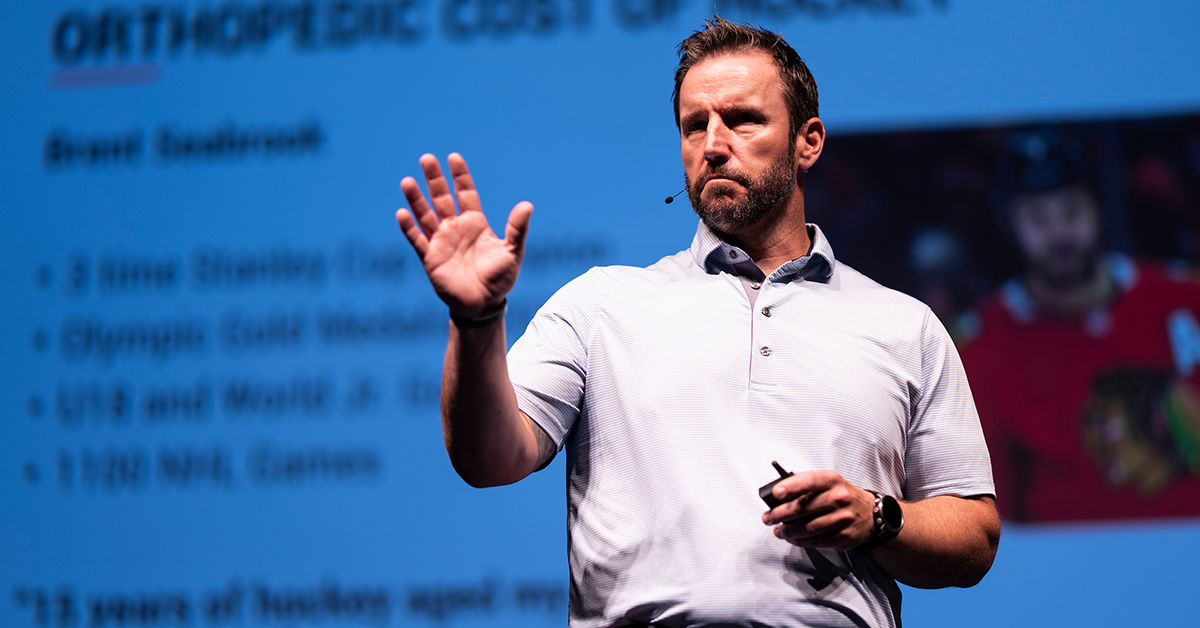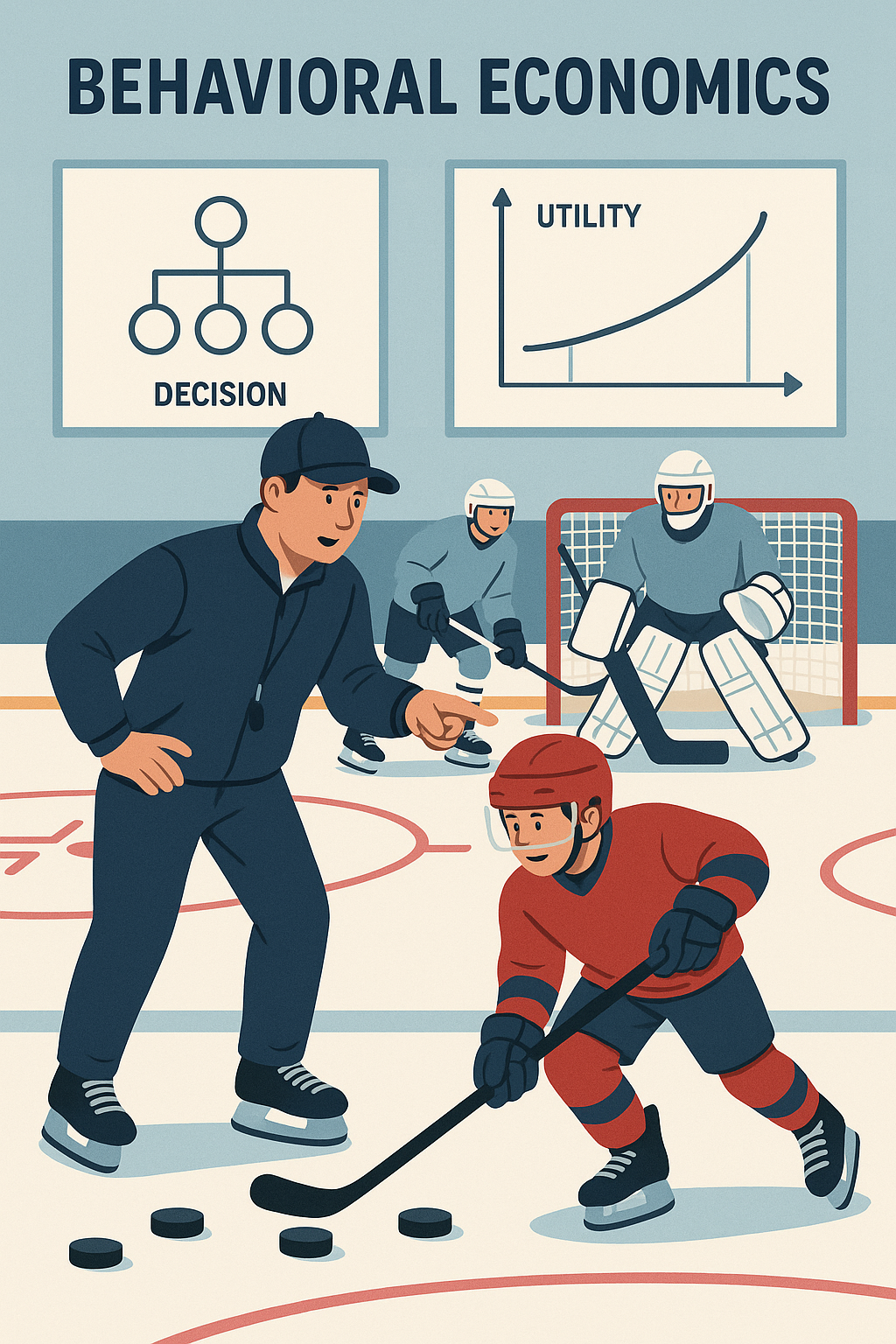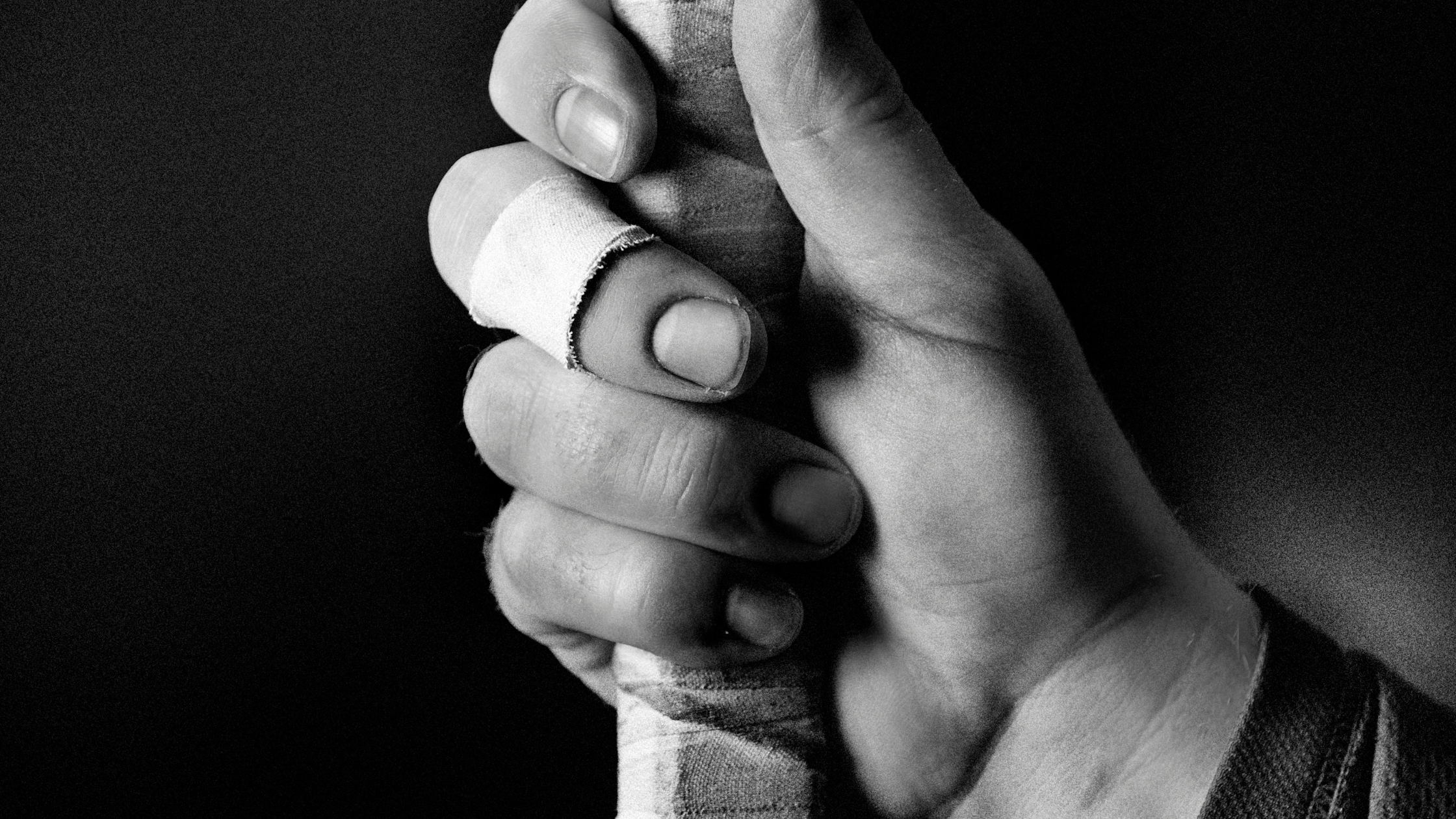
Let me warn you, it's likely the kid you won't suspect: the player that shows up early and stays late... the "coachable" player that does everything you ask and more... the player that stands out in skill, leadership, and/or team morale.
That's why it's so easy to miss.
My coaches did... so did my son's.
Many kids are great at compartmentalizing. And, it's no secret that, for many youth and teen athletes, sports are their safe space- their escape from everyday realities.
Maybe you have an idea, maybe you've heard rumors, or maybe this is just a reminder that you'll never know- but you can be prepared.
To my elite gymnastics coaches when I was 13, I probably looked ambitious: showing up to additional, optional practices after the required twenty hours of scheduled practices. Training through stress-fractures and cracked vertebrae. They didn't know my father's death left my mom and I homeless for 9 months (maybe a little longer, maybe a little shorter, I've blocked out most of that time) and I'd rather be anywhere than sleeping on my neighbor's couch.
It didn't dawn on my son's high school coaches that their AAA hockey 2nd leading points scorer AND All-Conference center fielder/leading base stealer was navigating his parents' divorce...
nor did my son's college coach suspect that while scoring six goals during "freshman" year at Nationals his mom was recovering from breast cancer & a double mastectomy.
Moral of the story? Even with youth & teen athletes often spending more time with coaches than at home, we rarely truly know what's happening in their lives.
And yet, we do know that whatever they're navigating, they're working with an unequipped brain to fully process or rationally reason the spectrum of emotions (those pathways are still connecting until they're about 25).
Fortunately, youth and teen coaches- especially 12u-16u coaches- have an incredible opportunity to strengthen those neurological pathways, provide an even greater safe space, and support their foundation pillars.
Certainly, providing all youth and teen athletes with the tools to build a solid foundation to navigate hormonal changes and mindset for performance, recovery, and growth is essential... but that's kind of my job!
What can coaches do that doesn't take away from coaching time?
- Notice Behavior Patterns: is an athlete newly staying later? arriving earlier? exhibiting aggressive/emotional behaviors (including frequent retaliation penalities).
- Recognize Changes in Energy: uncharacteristic fatigue? energy drinks?
- Listen for Excuses: forgot fueling snacks again, didn't have time to eat, drive-thru was closed
Sure, these could absolutely be kids without the right tools and knowledge to fuel their foundation.
But, they could also be an opportunity to keep a few extra granola bars or snacks on hand... or expand emotional vocabulary (many 15 year olds are confused by "be aggressive" and then consequences for penalties)... or question low energy (why aren't they sleeping/fueling well?).
Of course, some young athletes will continue to compartmentalize and may never share their realities with us. That's ok. Simply creating a safe space for them to ask for a snack, realize that compassion is also productive, or simply understand that there's an entire team of support available enhances player development beyond the drills.
Even youth and teen athletes without traumatic events are displaying high injury-risk behaviors (energy drinks, vaping, poor fueling, poor sleep) and disordered eating habits (male and female athletes) in record numbers.
Our young athletes have high aspirations. To reach their goals- in sports & life- they need the right tools to thrive through puberty and developemental years. We can prepare them.

